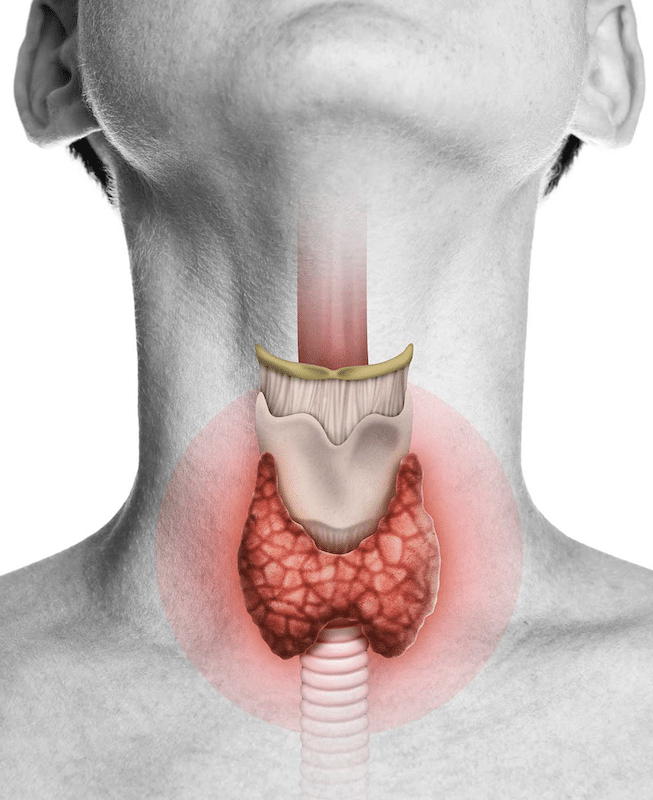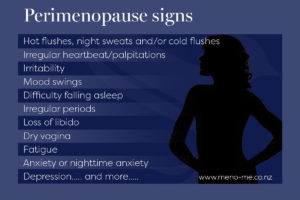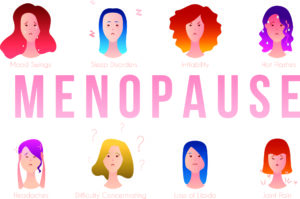Hot, burning, tingling feet feels weird right? Or, even if there in other areas of the body – it’s not uncommon during menopause. Although you don’t hear so much about it but the burning/tingling sensation can turn up in various places including burning feet (peripheral neuropathy), mouth (burning mouth syndrome) or the va-jay-jay.
And it’s might be related to a more recognised symptom known as tingling extremities or paresthesia.
3 reasons you could be struggling:
1. Hot, burning, tingling feet & estrogen

Fluctuating estrogen may be one reason for burning feet which can be uncomfortable and alarming.
As you may know, unstable and declining estrogen is one of the hallmarks of perimenopause and menopause.
And though it’s not well-understood estrogen shifts can affect the nervous system. In fact, the nervous system plays a central role during menopause. As well as that, the coating that surrounds our nerves – the myellin sheath – becomes thinner.
Hot, burning, tingling feet often present themselves at night and can sometimes accompany night sweats. And guess what? They could be caused by something as simple as needing hydration.
Another reason to drink enough water regularly, it’s sooo important. But don’t worry, we’ve made a free Water Tracker sheet here.
2. Hot, burning, tingling Feet & Vitamin B
Another reason for hot, burning and tingling feet may be a lack of certain nutrients including vitamin B.
- B1 – thiamine
- the B2 – riboflavin
- B3 – niacin
- B5 – pantothenic acid
- B6 – pyridoxine
- B7 – biotin
- B9 – folate/folic acid
- B12 – cyanocobalamin
Because the eight members of the vitamin B family are water-soluble the body doesn’t store them so they need to be replaced daily. In addition, a high quality B-complex is crucial during menopause, particularly B6 and B12, which support the nerves and may help mitigate hot flushes.
For this reason, we always recommend adding a quality vitamin B complex to your menopause toolkit. (Plus we include vitamin B7 (biotin) in LotaLocks®)
Food sources include:
- Avocado
- Citrus fruit
- Eggs
- Leafy greens
- Legumes such as beans and lentils
- Meat & poultry
- Salmon
- Whole grains
Please note: vitamin B6 has been linked with peripheral neuropathy causation2.

3. Hot, burning, tingling Feet & underactive thyroid

An underactive thyroid (hypothyroidism) is common in midlife – one reason being that it’s very sensitive to stress and thrives on progesterone. But it can be missed because many of the signs and symptoms can be similar to those of perimenopause.
However, there have been some links found between burning feet and hypothyroidism. With that said, there is a lack of comprehensive scientific data so it’s best to check with your doctor.
Tip: if you don’t have a functional medicine practitioner please ask for a full panel thyroid test. The standard test only measures TSH (thyroid stimulating hormone) and this doesn’t give a full picture. You need free T3, free T4 and ideally thyroid antibody readings also.
Conclusion
There is some conflicting information out there but several women in perimenopause / menopause experience hot, tingling burning feet. We know this because they’ve told us.
And thank goodness because it’s not a symptom we hear much about!
Disclaimer: our articles are a guideline only. Any signs and symptoms you are experiencing could be due to a number of reasons. And burning feet can be linked to a medical condition known as Grierson-Gopalin syndrome or diabetes. For this reason, this should not take the place of medical advice. If you’re experiencing ongoing signs please see your health professional.
Share with a friend
Sign up to our mailing list for the latest news and stories and receive a $5 discount code to redeem on your first purchase, plus receive a 3-step eBook on ways to support your body through menopause.
This site is protected by reCAPTCHA and the Google Privacy Policy and Terms of Service apply.
Related Articles
Main image: Anna Schvets @pexels
References:
- Hanna M, Jaqua E, Nguyen V, Clay J. B Vitamins: Functions and Uses in Medicine. Perm J. 2022 Jun 29;26(2):89-97. doi: 10.7812/TPP/21.204. Epub 2022 Jun 17. PMID: 35933667; PMCID: PMC9662251.
- https://www.tga.gov.au/news/safety-alerts/health-supplements-containing-vitamin-b6-can-cause-peripheral-neuropathy










